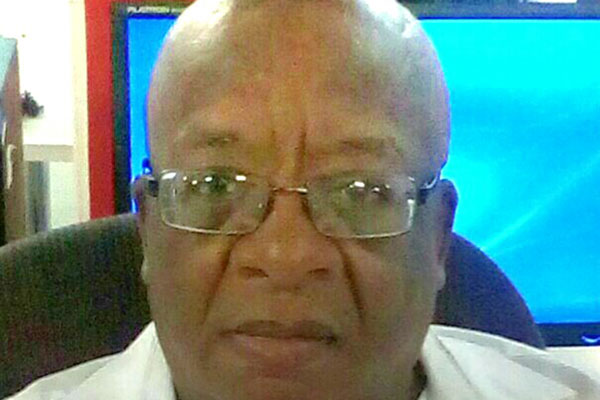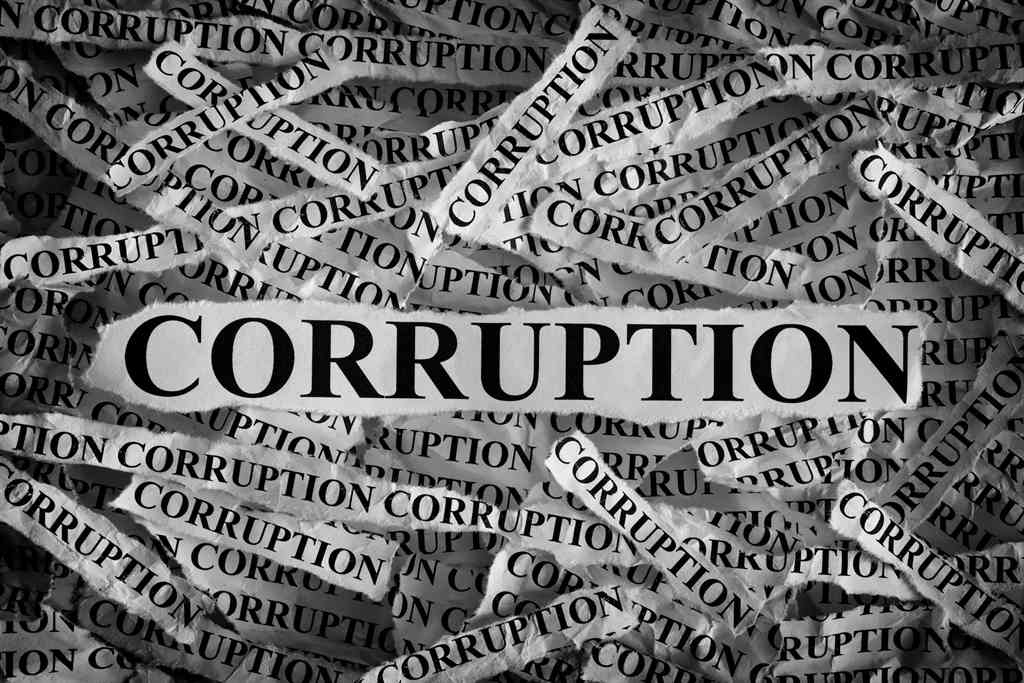
Echoes: CONWAY TUTANI
CYCLONE Idai has brought out the good and the ugly in people.
Many Zimbabweans have, commendably, risen to the occasion to assist fellow human beings, while others are using this as an opportunity to sneak in unrelated and expedient issues detracting from the gravity of the situation.
Zimbabweans from all walks of life have been donating in cash and kind to alleviate the plight of their stricken compatriots in Manicaland and Masvingo provinces, most of whom have lost everything.
And once again, Econet Holdings billionaire founder and chairman Strive Masiyiwa, complementing government efforts as he did during the cholera outbreak in 2017 with a donation of $10 million, hired a helicopter to rescue marooned cyclone victims in addition to chipping in with $5 million.
Now the ugly side. One, if you pose to think that most of the electricity powering and lighting the whole of Zimbabwe is generated from water at Kariba Dam, then you begin to understand the death and destruction wreaked by Cyclone Idai, whose death toll was 139 at the last count. That water is one of the most powerful forces of nature cannot be underestimated, more so that it can be unstoppable. That is the science of it, not the junk science being spread from some quarters. From the outset, it is important to put things into perspective and proportion since we are supposed to be living in a knowledge-based age.
Two, one of the ugly sides of African culture is that there is no natural cause of death. Even when a person dies at 100, this must be due to witchcraft. Likewise, there is no natural disaster even when a country lies on a volcanic faultline or in a region prone to cyclones — like south-eastern Zimbabwe. We are seeing it now with supposedly educated people pointing fingers, making it out as if Cyclone Idai was man-made as if witches of Mozambique, Malawi and Zimbabwe somehow connived to synchronise and unleash the disaster on these three countries. It should be pointed out that people with such thinking accused public doctors of selling out by calling off their strike this year, despite the fact that the strike had led to the spiking of deaths among patients.
Three, following from that, we have those usual suspects out to politicise everything, including tragic deaths, now masquerading as weather experts and rescue experts, telling us things could have been handled much better. Well, they ought to be reminded or be educated that in the United States, Hurricane Sandy killed 285 people in 2012, and Hurricane Katrina killed 1 833 people in 2005. That’s the intensity, immensity and enormity of forces of nature. That’s why such phenomena are referred to as natural disasters. Even the might of the US could not stop the forces of nature. Anyone telling you that they can “easily pray” to stop cyclones and other extreme weather phenomena are simply lying to you. No wonder fellow Zimbabwean Monica Zodwa Cheru made this trenchant observation: “But what I wonder most is where were all these experts who knew exactly how to avoid death and damage BEFORE disaster struck?” And where were all these experts last year when the MDC had its mini-disaster at a rally when the stage collapsed leaving party leaders in an undignified heap?
- Chamisa under fire over US$120K donation
- Mavhunga puts DeMbare into Chibuku quarterfinals
- Pension funds bet on Cabora Bassa oilfields
- Councils defy govt fire tender directive
Keep Reading
Four, another sad development is that some journalists, instead of educating and informing society, are miseducating and misinforming. One such journalist posted these words from Local Government minister July Moyo: “We hear there are about a 100-300 bodies floating in Mozambican rivers, so we have ordered our soldiers to go there on foot to check, as roads are damaged and still not passable.” Fine. The journalist then queried that, putting his own fault-finding spin, using loaded and sometimes coded terms, presupposing amateurishness and incompetence expressing negative bias towards the subject to sway opinions: “On one hand, (Information secretary) Nick Mangwana was saying Air Force of Zimbabwe helicopters are on standby in Chipinge. I don’t know if I am missing something, but how come soldiers are walking on foot when we have helicopters nearby?”
Of course, the journalist was missing something big-time. Soldiers walk on foot if flying conditions are dangerous. One of the local volunteer rescuers drowned while moving children to safety in Chimanimani. Then you hear armchair and social media critics making it out as if rescuing is as easy as eating sadza, as easy as A B C, as easy as do-re-mi-fa-so-la-ti-do, do-ti-la-so-fa-mi-re-do. It could be that these critics have been watching too many movies because doing so distorts one’s view of reality. Rescue work is complex and dangerous. Journalists should take everything with a pinch of salt because they don’t know everything.
Before we delve further into that, it ought to be pointed out that we still have many professionals in the media. One such is SABC Zimbabwe correspondent Ephert Musekiwa. Reporting this week from Mutare, Musekiwa said: “Although some people have politicised the Cyclone Idai disaster, many Zimbabweans are saying it’s a humanitarian disaster and that the focus should be on burying the dead and assisting survivors.” Yes, the average Zimbabwean is not that coldly and heartlessly expedient. Ubuntu/hunhu rules. Not to mention that Musekiwa does not perpetuate the relentless Zimbabwe-bashing now too common among some compromised local journalists with a one-track mind.
One or two of the journalists doing that have shown themselves to be all over the place bipolar-like, like a person behaving as if he has got 10 brains and those brains are all on overdrive. This journalist pair has been displaying grandiosity and overconfidence, along with false belief of superiority, and getting uncontrollably excited, posting furiously on social media that corruption in Zimbabwe somehow drove the forces of nature to wreak havoc even in Mozambique and Malawi. If there was any correlation between corruption and forces of nature, then New Zealand would have less earthquakes than Zimbabwe. This week, one such type posted a picture of a washed-away road with the caption: “This requires leadership and not partisan approaches!” How disconnected and mixed-up can it get? This, while others are quietly getting on with the rescue job at hand, is unwarranted and narcissistic.
He is making it out as if he can perform physical and mental tasks better than normal; like he understands, sees or hears things that other people can’t.
Such people resort to credentialism and name-dropping to prove to society that they are well-connected, saying they are working with Professor So-and-So, Dr So-and-So and Lawyer So-and-So to solve the economic hardships and the Cyclone Idai emergency.
Yes, attention-seeking and frenzied behaviour are part of the bipolar deal. So, people should be extremely careful — but not to the paranoid bipolar extent — that they could be looking up to a person who himself needs help.
Otherwise, the nation has responded commendably to Cyclone Idai and all genuine players — both institutional and private — are doing all that is humanly possible to assist the victims.
All for one; one for all.
Conway Nkumbuzo Tutani is a Harare-based columnist. Email: [email protected]











